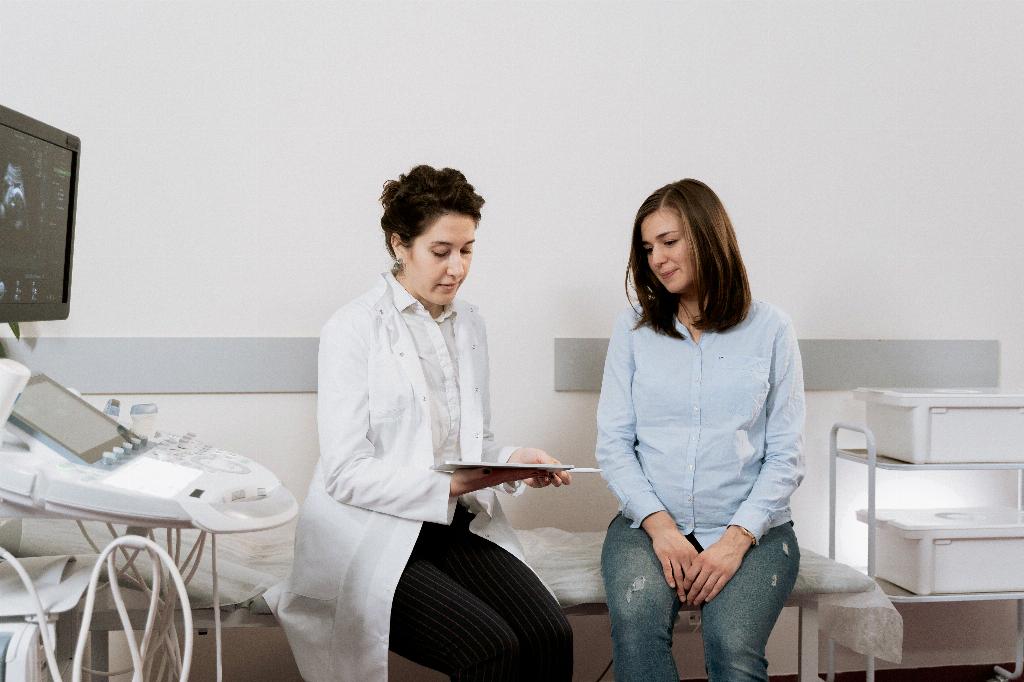When it comes to the question of whether individuals with Antiphospholipid Syndrome (APS) can have children, there are both challenges and promising outcomes to consider. APS, a condition characterized by abnormal blood clotting, can increase the likelihood of complications during pregnancy. However, with proper management and guidance from healthcare professionals, many women with APS are able to successfully carry pregnancies to term and deliver healthy babies.
It is important for individuals with APS who are considering pregnancy to work closely with their medical team to develop a comprehensive management plan. This plan may include close monitoring of blood clotting factors, the use of blood thinners, and regular prenatal care to help reduce the risk of complications during pregnancy.
Research has shown that while women with APS have a higher risk of pregnancy complications compared to the general population, the majority of them are able to have successful pregnancies. In fact, more than 80% of women with APS will deliver live newborns, and around 60% of them will not experience any pregnancy-related issues.
One of the key factors in ensuring a positive pregnancy outcome for individuals with APS is early detection and intervention. Regular monitoring of blood clotting factors and close collaboration between the patient and healthcare team can help identify potential risks early on and take appropriate steps to manage them.
Women with APS who are planning to become pregnant should discuss their intentions with their healthcare provider to ensure that their condition is well-managed before conception. This may involve adjusting medication, optimizing overall health, and addressing any potential risk factors that could impact pregnancy.
During pregnancy, individuals with APS may require more frequent monitoring and specialized care to minimize the risk of complications. This could include regular ultrasounds to check fetal development, adjustments to medication dosages, and consultation with a high-risk pregnancy specialist to ensure the best possible outcomes.
While APS can present challenges during pregnancy, it is important to remember that many women with the condition go on to have successful pregnancies and healthy babies. By working closely with healthcare providers, following a tailored management plan, and staying vigilant about any changes or symptoms, individuals with APS can increase their chances of a positive pregnancy experience.
It is also essential for individuals with APS to prioritize self-care and overall health before, during, and after pregnancy. This includes maintaining a healthy lifestyle, managing stress levels, getting regular exercise, and following any recommendations provided by healthcare professionals to support overall well-being.
Ultimately, the ability to have a baby with APS is achievable for many individuals with the condition. By staying informed, proactive, and engaged in their healthcare journey, individuals with APS can increase their chances of a successful pregnancy and the joy of welcoming a new addition to their family.
While every pregnancy journey is unique, with the right support and guidance, individuals with APS can navigate the challenges of pregnancy and look forward to the possibility of expanding their family. By working with a dedicated healthcare team and staying informed about their condition, individuals with APS can approach pregnancy with confidence and optimism.
In conclusion, having a baby with APS is possible for many individuals with the condition. With proper planning, monitoring, and care, individuals with APS can increase their chances of a successful pregnancy and the joy of welcoming a new life into the world. By staying proactive and informed, individuals with APS can navigate the complexities of pregnancy with confidence and hope for a positive outcome.

